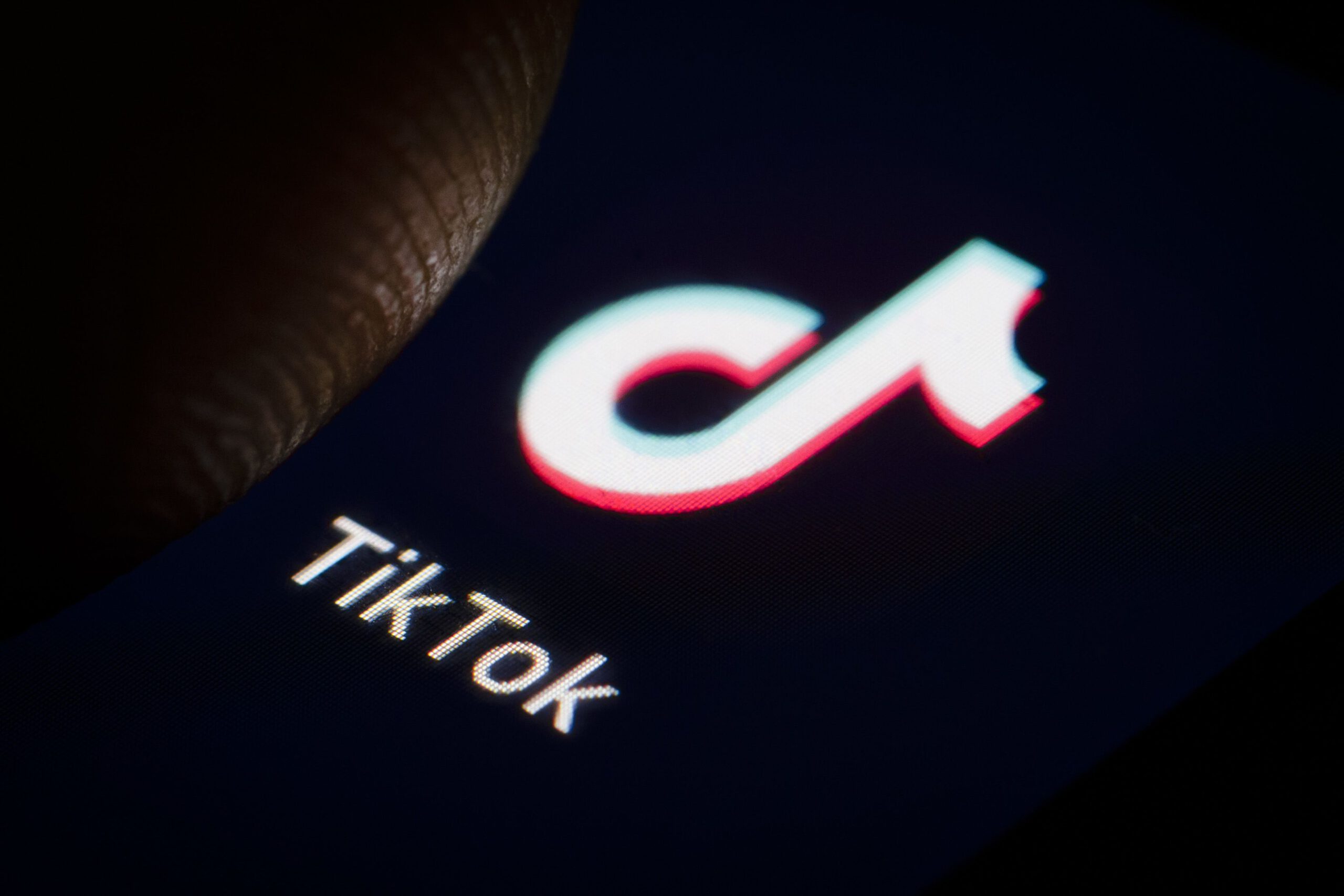![Netflix Malaysia censorship, don’t have to comply but it probably would [Opinion]](https://www.malaysiainternet.my/wp-content/uploads/2016/01/netflix-logo.jpg)
One of the most popular Television network in the world, Netflix, which launched in Malaysia last Thursday, will see its contents censored in Malaysia.

It was reported that Netflix’s movies and television series that are streamed online in Malaysia will still have to comply with local regulator Malaysian Communications and Multimedia Commision (MCMC)’s content standards, said its Minister, Datuk Seri Salleh Said Keruak.
According to the New Straits Times (NST), Salleh told the newspaper that the MCMC can take action against Netflix if it makes offensive content available in Malaysia and breaches the regulator’s content standards.
The Minister said MCMC will be asked to meet with Netflix to notify them of local content standards and their obligations.
He insisted that Netflix still has to meet the local regulator’s content standards even if it is exempt from getting a license as an over-the-top content application (OTT) provider like Facebook, Salleh said.
The Minister added that his ministry is mulling a new provision under the Communications and Multimedia Act (CMA) 1998 to introduce licensing for OTT providers like Netflix.
“A deeming provision is being considered under a review of the law so that OTT providers can be deemed as licensed if they provide services in Malaysia,” he was quoted saying by NST.
Malay Mail Online reported a US-based Netflix staff as confirming that there will be no censorship of television series and movies made available here, although certain content may be unavailable due to regional licensing restrictions.
Netflix is priced from RM33/month in Malaysia.
Our comment and view on this matter:
While the Minister has made his stand that Netflix should comply to local censorship here in Malaysia, we think its nearly impossible to block the Netflix streaming services.
Over the years, the Malaysian Government have been blocking thousands of websites related to politics, nudity, religion and others for violating the Communications and Multimedia Act 1998 & other regulation. These websites are blocked via the Internet Service Provider’s (ISPs) DNS servers.
Domain Name Servers (DNS) are the Internet’s equivalent of a phone book. They maintain a directory of domain names and translate them to Internet Protocol (IP) addresses.
Despite largely successful, it is easily bypassed. Internet users around the world only need to change their computer DNS settings to surf the Internet without being restricted to any content. Details on how to change DNS settings on PC are explained here.
Because there are many free DNS servers in the world, including ones operated by Google, it won’t be easy for the Malaysian Government to block Netflix.
Netflix recently launched the service in 130 new countries, all at once and this isn’t just a big deal—not just for Netflix and its customers, but for the Internet as a whole. And it must deal with all that extra bandwidth.
Netflix has hundreds of point of presence (PoP) all around the world (including the ones in Hong Kong, Singapore, Japan, Australia) streaming TVs and movies to about 70 million subscribers worldwide (as of October 2015), including more than 43 million in the U.S alone.
The Netflix apps on set top boxes smartphone could stream contents from any Netflix servers from around world.
Netflix CDN network—known as Open Connect—is currently delivering video in more than 60 countries and streaming more than 125 million hours of content each day in the Americas, Europe, and the Asia Pacific region.
Simply put it, to service its viewers in Malaysia, Netflix doesn’t have to be physically located here and it can always operate from outside of Malaysia, for example Singapore.
However, we think Netflix would comply to Malaysia Government censorship request for the purpose of cutting cost, customer experience and delivering Netflix to more viewers in Malaysia.
Netflix could become so large here that it puts a burden on the Internet network of Telekom Malaysia, Time dotCom and others. Naturally, these ISPs would want to keep the Netflix traffic in their network local to cut cost and reduce the burden of the network. So instead of delivering a video content from a Netflix server in Singapore (example) to user in Malaysia, Netflix could deploy a server here (in Malaysia) and deliver the content over the local Internet network- it makes streaming the content faster, and in better quality.
In our opinion, the current challenge for Netflix won’t be the Government of Malaysia, but the unreliable mobile Internet, expensive Internet service in Malaysia.
A minimum 500Kbps is required to watch Netflix but a 1.5Mbps connection speed is recommended. To watch a Standard Delivery (SD) video, a 3Mbps speed is required, and for High Definition (HD) streaming quality (720p & 1080p), a 5Mbps speed is required.
For Netflix Ultra HD contents, video streaming requires at least 25Mbps. These a dedicated speeds that are required to watch Netflix. However in Malaysia, consumer Internet service are on a best effort basis. For example, the 4Mbps Streamyx service from Telekom Malaysia may not give you 4Mbps speeds all the time, but slower speeds.
Imagine streaming a Netflix TV series in Malaysia from a server in Singapore, will it stream continuously without any buffering? Even our ISPs won’t be able guarantee this.
Netflix can’t do much to improve our local broadband service in Malaysia, but it could host its contents here. This is where the Malaysian Government would have censorship control over Netflix contents.
From a business perspective, this also benefits Netflix further. Apart from delivering better streaming experience, Netflix is able to partner with local ISPs to offer direct billing. For example, instead of paying for Netflix via credit card, users get it billed on their TM Unifi bill, perhaps at a discounted rate.
Netflix could also take a step further by offering locally produced TV series and movies, maybe even produce it them self and host these contents in Malaysia.
Coming back to censorship, Netflix has a parental control features which will deploy PIN lock codes for parents to prevent kids from watching mature content along with a content age ratings guideline determined by Netflix itself. This may not match satisfy the Malaysian Government or its Multimedia Minister, so it’ll be interesting to see how that plays out as the service is more widely adopted.
Disclaimer: This is an opinion piece, it doesn’t necessarily represent the official view of InternetEverywhere. InternetEverywhere should not be held responsible for any in-accurate information published in the article.










